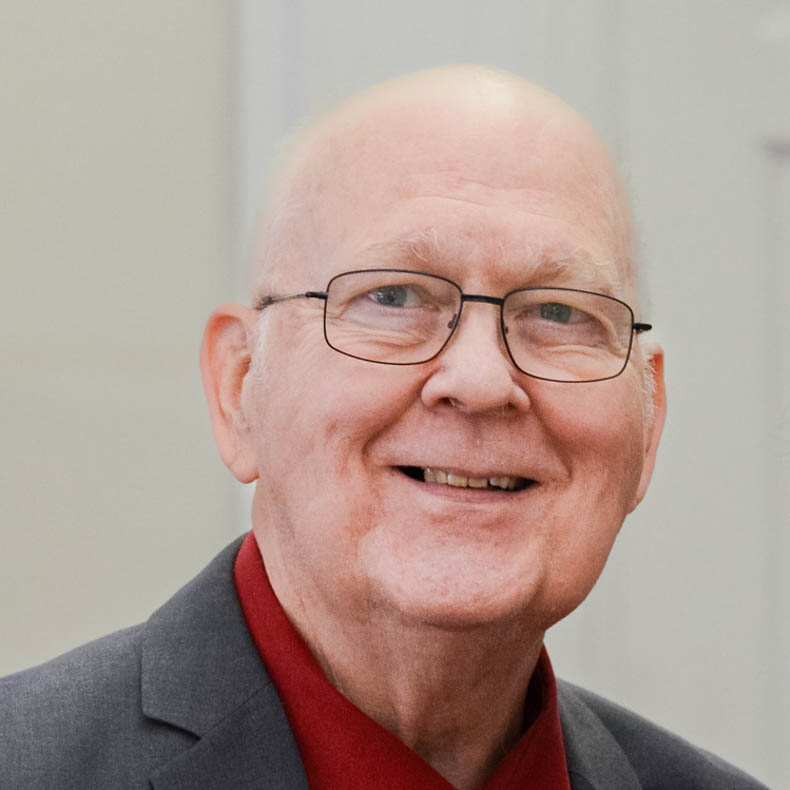 In 1994 Our Daily Bread shared an interesting story about Fritz Kreisler (1875–1962). He was a world-famous violinist who earned a fortune by playing the violin and writing music. On one of his tours he discovered an exquisite violin, but he wasn’t able to buy it because he was in the habit of giving away so much of what he had earned.
In 1994 Our Daily Bread shared an interesting story about Fritz Kreisler (1875–1962). He was a world-famous violinist who earned a fortune by playing the violin and writing music. On one of his tours he discovered an exquisite violin, but he wasn’t able to buy it because he was in the habit of giving away so much of what he had earned.
Mr. Kreisler started saving his money until he had enough to buy that amazing violin. When he returned to the seller, though, he was disappointed to find that the violin had already been sold to a collector. Kreisler made his way to the new owner’s home and offered to buy the violin. The collector showed him the beautiful cabinet where the violin was displayed, and then explained that it was no longer for sale. That violin was now one of his prized possessions, and he intended to keep it in that display case.
Deeply disappointed, Kreisler started to leave, but then he had one last idea. “Could I play the instrument once more before it is consigned to silence?” he asked. The collector agreed, removed the violin from its display case, and handed it to the great violinist. Mr. Kreisler tuned up the violin, and then he began to play. He filled the room with such heart-moving music that the collector’s emotions were deeply stirred. “I have no right to keep that to myself,” he exclaimed. “It’s yours, Mr. Kreisler. Take it into the world, and let people hear it.”
Jesus told His followers to do something similar: “Go into all the world and preach the gospel [fusion_builder_container hundred_percent=”yes” overflow=”visible”][fusion_builder_row][fusion_builder_column type=”1_1″ background_position=”left top” background_color=”” border_size=”” border_color=”” border_style=”solid” spacing=”yes” background_image=”” background_repeat=”no-repeat” padding=”” margin_top=”0px” margin_bottom=”0px” class=”” id=”” animation_type=”” animation_speed=”0.3″ animation_direction=”left” hide_on_mobile=”no” center_content=”no” min_height=”none”][Good News] to all creation” (Mark 16:15). Jesus was speaking to people who had seen firsthand how powerful He was. They had seen Him heal the sick and calm the storm, had seen Him feed a huge crowd with just a few rolls and a couple of fish, and they had even seen Him raise the dead. Jesus proved to His followers that He was the Almighty, Creator God who had become a human being.
Those followers were stunned when they witnessed His horrible death. After only three days, while they were still dealing with that trauma–wonder of wonders–He appeared to them and proved that He was alive again. He explained to them, using the Scripture, all about this good news, this Gospel: Jesus was God’s perfect sacrifice. His death did not pay for His own sin. He was the sinless Son of God. These disciples had lived with Him, and they knew He had never sinned. His death paid for their sins, and not only for theirs, but for the sins of all who would accept His sacrifice and trust what He has done.
Because of what Jesus did, we can now come near our Holy God, our Creator who had been separated from us ever since the Garden of Eden. He can now become our Father, in a new, close and personal way.
The newly resurrected Jesus came to those disciples, who had been huddling together, and told them to get out into the world! He insisted they not keep His good news in a display case, like that priceless violin. Jesus is for everyone, and we need to play the music of that good news to the entire world so that others can long to have the joy and peace that we, as Christians, have in spite of this broken world.
The message about Christ is good news because He is the only solution to the brokenness that we experience and see all around us. Society is broken (we see that on the news everyday), relationships are often broken, and sometimes even our health is broken, too.
Life is broken because all of us are born as helpless, ungodly sinners (see Romans 5:6-8). That is sad, but God’s love is even greater. “God demonstrates His own love toward us, in that while we were yet sinners, Christ died for us. … having now been justified by His blood, we shall be saved from the wrath of God through Him” (Romans 5:8–9).
This good news is SO powerful that it can change us from the inside out. That is why the Apostle Paul said, “So, for my part, I am eager to preach the gospel…. For I am not ashamed of the gospel, for it is the power of God for salvation to everyone who believes….” (Romans 1:15–16).
Let me say it again: The gospel is a beautiful instrument that God wants us to play for the world. I invite you join me in looking for opportunities to show off the magnificent beauty of the Gospel of Christ. That way we will be “… the sweet aroma of the knowledge of [Christ] in every place. For we are a fragrance of Christ to God among those who are being saved and among those who are perishing; to the one an aroma from death to death, to the other an aroma from life to life….” (2 Corinthians 2:14–16).[/fusion_builder_column][/fusion_builder_row][/fusion_builder_container]
